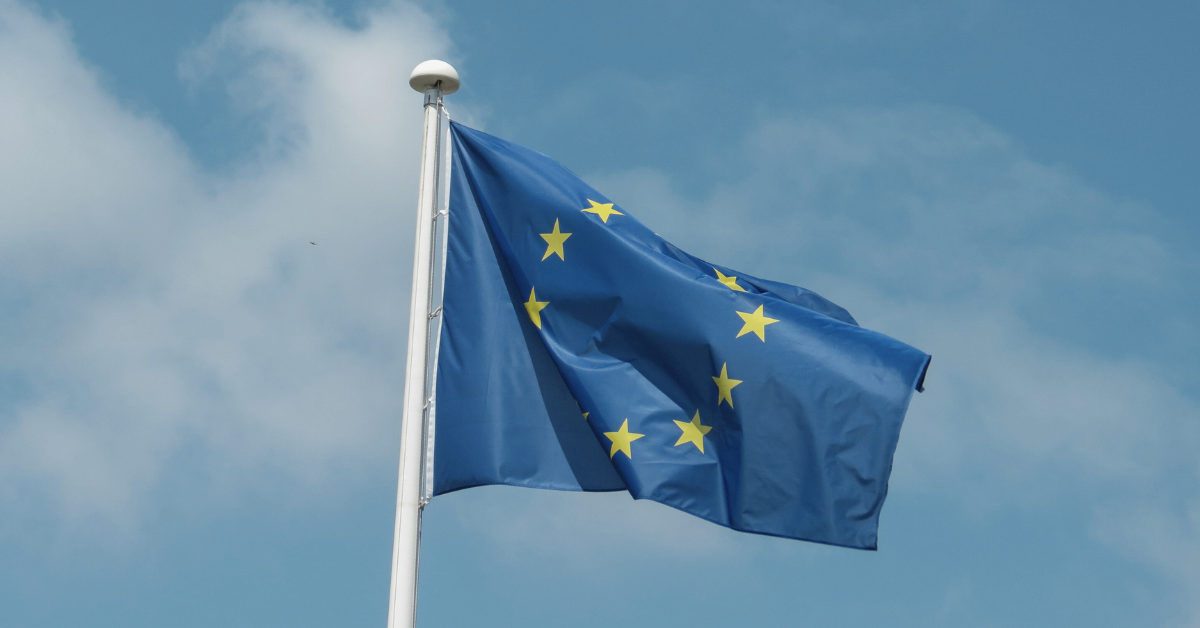Have you, like many other HR professionals, been trying to make sense of the new whistleblower directive?
For your convenience, we have gathered together EVERYTHING you need to know about the new directive, with our legal department reading it over countless times so you don’t have to.
What is the new whistleblower directive?
Following a number of different scandals and violations relating to fraud, money laundering and the mistreatment of employees, the European Parliament has now adopted a new whistleblower directive. The new directive seeks to ensure that employees have a simple and secure way to anonymously report violations while being protected against any consequences which may follow the reporting of cases. Measures have also been adopted to ensure that cases of whistleblowing are followed up on within a reasonable period of time.
When will the directive enter into force?
The whistleblower directive will apply to all Danish companies with more than 50 employees. If your company has more than 249 employees or if your organisation is in the public sector (municipalities, etc.), then you will need a scheme in place in order to comply with the new directive by 17 December 2021. However, if your company has 50–249 employees, then you do not need to have a scheme in place until 17 December 2023. Naturally, the recommendation is to have a scheme in place as soon as possible as this will contribute to a safer and more secure workplace.
When will the directive apply to you?
| 2021 | 2023 |
| +249 employees | 50-249 employees |
What do you need to do to comply with the directive?
There is a number of elements which need to be undertaken by Danish employers with more than 50 employees. Legal entities in the private and public sectors will need to establish channels and procedures which enable the employer to receive reports of violations. These can either be operated internally by a person or a department, or alternatively you can choose to contract a third party to handle the receipt and processing of reports. All procedures involved must be confidential in its set-up so that the whistleblower/reporting person and any third parties mentioned in their report will have their identities protected.
Below is an overview of the most important things that you will need to comply with:
Appointment of whistleblower unit:
Employers need to appoint an impartial person/department or external third party to manage the receipt, follow-up and feedback of reports received and to handle communication with whistleblowers. The scheme must be designed and established in such a way that it ensures the confidentiality of the whistleblower, those affected and any third parties named in the report.
Duty to provide information and documentation:
Employees have a duty to make information available around the procedure through which employees can make and submit their reports. Likewise, employers also have an obligation to store written documentation relating to the establishment of the whistleblower scheme and its procedures.
Submitting and receiving reports:
All reports need to be logged. However, the person who is designated to receive and to follow up on reports has a duty of confidentiality with regards to the details contained in the report. If a company establishes a channel for oral reporting, reports submitted through this channel must also be logged on an equal footing with written reports. You can do this either by recording your dialogue with the whistleblower or by drawing up a written account.
Employers in the private sector with 50–249 employees can choose to share resources in relation to reports, including the receipt of reports and any investigations which are launched.
Municipal councils can choose to undertake the receipt and processing of reports on behalf of other municipal councils. Likewise, two or more municipal councils can establish a single-purpose association to comply with the whistleblower directive.
Whistleblower protection:
Whistleblowers must not be subjected to retaliation or threats of retaliation if their report has been made and submitted in accordance with the conditions of the scheme. Similarly, whistleblowers must not be prevented or hindered from reporting any violations of the law.
Feedback and follow-up:
The employer must introduce procedures which ensure that whistleblowers receive confirmation that their report has been received within seven days, and which ensure that their report will be followed up on and that feedback will be provided as soon as possible, but not later than three months from the date on which confirmation of receipt is sent out.
The whistleblower must also be informed as to how the case has been followed up and given justification for the action taken. This applies to any actions taken by the recipient, an assessment of the accuracy of the report, the relevance of addressing the violation and what measures are to be taken, such as internal investigations, inquiries, criminal prosecutions, legal proceedings or closure of the case.
Closing a case:
The whistleblower scheme can decide to close their processing of report if it contains details showing that the violations are clearly of a less serious nature or if another case of a similar nature is either open or concluded and the report does not indicate new legal circumstances which would justify a different kind of follow-up.
Compensation, evidence and penalties:
Whistleblowers or individuals who are either subjected to retaliatory actions as a result of making a report, or prevented from making a report in the first place, may be entitled to compensation. In cases where this occurs as a consequence of acquiring documentation related to the violation in its entirety, or documentation relating to specific aspects of the violation, the whistleblower will equally be entitled to compensation.
If a whistleblower has been dismissed in violation of the section on the protection of whistleblowers, then this dismissal must be reversed and employment restored or continued in cases where this is in the interests of the employee. In certain cases, a balancing of both parties’ interests may show it to be unreasonable to demand that the employee be kept in their job or brought back to their position.
Unless a higher penalty is provided for by other legislation, then fines can be levied for offences such as intentional or gross negligence relating to confidentiality, the deliberate reporting or disclosure of false information, improper procedures in relation to the reporting, follow-up and processing of reports and violation of the duty to provide documentation and information.
How can we help you comply with the directive?
Our pulse-check system, Weekli, includes a function called Speak Up, which is designed to facilitate your work around the new whistleblower directive. Below you can read more about some of the tools that the system contains and which you can use in the management of your whistleblower reports.
Anonymous communication channel:
Weekli has a built-in reporting channel which complies with all the provisions of the directive on whistleblower protection. Naturally it also complies with all requirements in the directive on anonymity as well as the GDPR and its provisions on the protection of personal data.
The reporting channel also enables the whistleblower to chat with their designated case handler at the whistleblower unit, so the reporting party can expand on the circumstances of the violation they are reporting. As the whistleblower and their case handler message each other back and forth, they will be able to see when their messages have been read and receive notifications in the app alerting them to new messages.
This feature is highly intuitive and works just like any other chat system, both via the app and on the PC using a web browser.
Whistleblower unit:
Employers need to appoint an impartial person/department or external third party to manage the receipt, follow-up and feedback of reports received and to handle communication with whistleblowers. We support this through our Manager Dashboard which allows only the right people to view whistleblower cases. If you decide to appoint persons from outside your company to manage whistleblower cases, then naturally Weekli also supports this kind of set-up.
Keeping track:
The Manager Dashboard provides whistleblower case handlers with a simple and user-friendly overview of all ongoing and concluded whistleblower cases. This means that, as a user, you will have a clear overview of all chats and whistleblowers, which chats have commenced and which ones are pending a response. All this is supported through icons, notifications and archiving, allowing your whistleblower unit to work simply and effectively in its response to and management of reports.
Following up:
As described earlier in this blog post, the whistleblower must receive confirmation that their report has been received within seven days and the report must be followed up on as soon as possible, and by no later than three months from the date on which the confirmation in sent. The system supports this and sends notifications to the case handler responsible. Each case is numbered to facilitate this process.
Data storage and processing:
The storage and processing of all data in the system must be undertaken in compliance with the GDPR so that you can ensure peace of mind around your data.
Would you like to learn more?
Sit down for a commitment-free chat with one of our knowledgeable consultants!



-Feb-04-2026-02-04-06-2033-PM.png)
